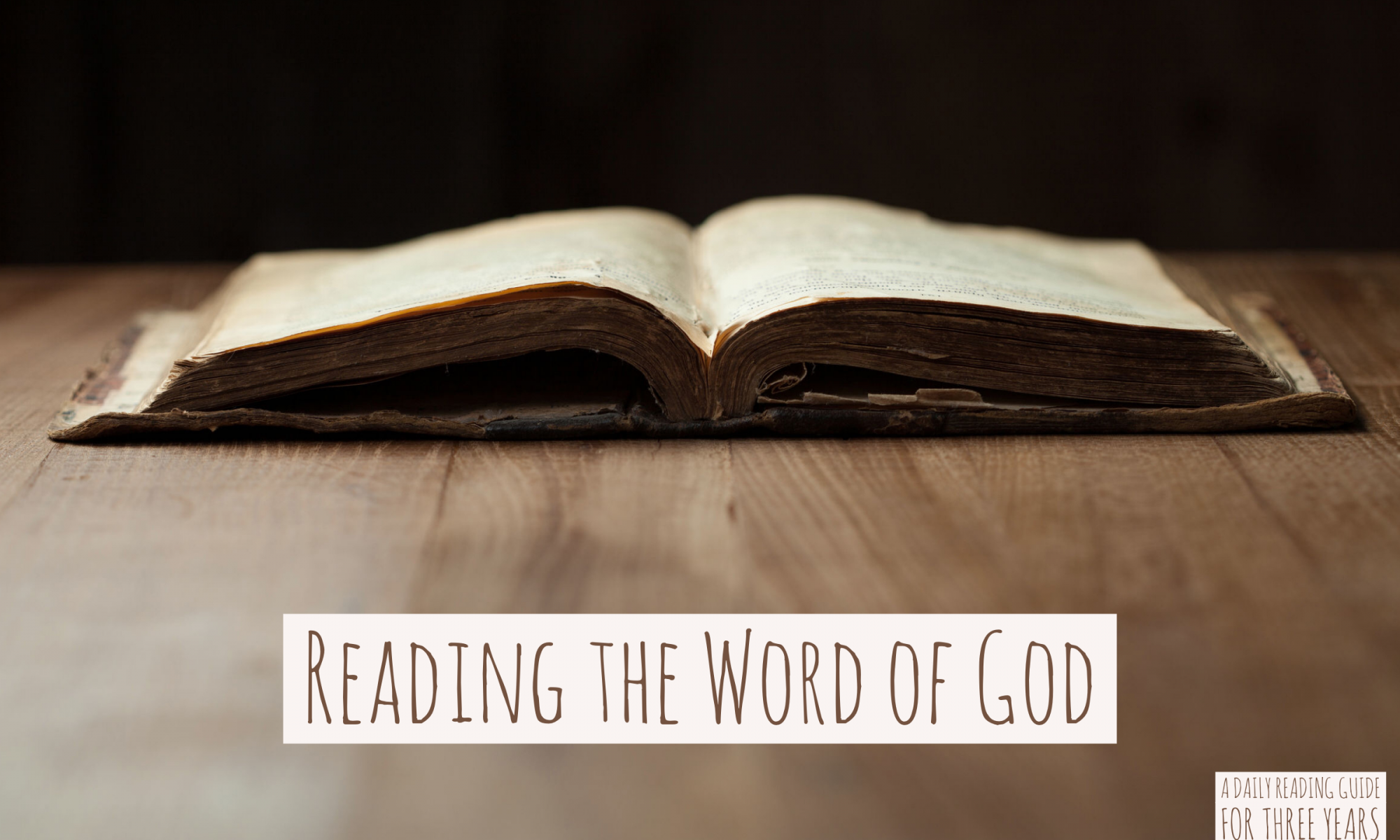Reading the Word of God, a daily Bible reading guide, has been prepared for Lutherans to use over the next three years. The reading guide was conceived and prepared as a result of ongoing discussions between representatives of the NALC, the Lutheran Church— Canada (LCC), and the Lutheran Church—Missouri Synod (LCMS).
The reading guide includes monthly calendars with daily readings starting in January 2018 and continuing until December 2020. As a companion to the daily Bible reading guide, 52 suggested readings — one for each week of the year — are offered from the book, Luther and the Scriptures by Johann Michael Reu (1869–1943).
Continue reading “Reading The Word of God – Service Provider Update”



